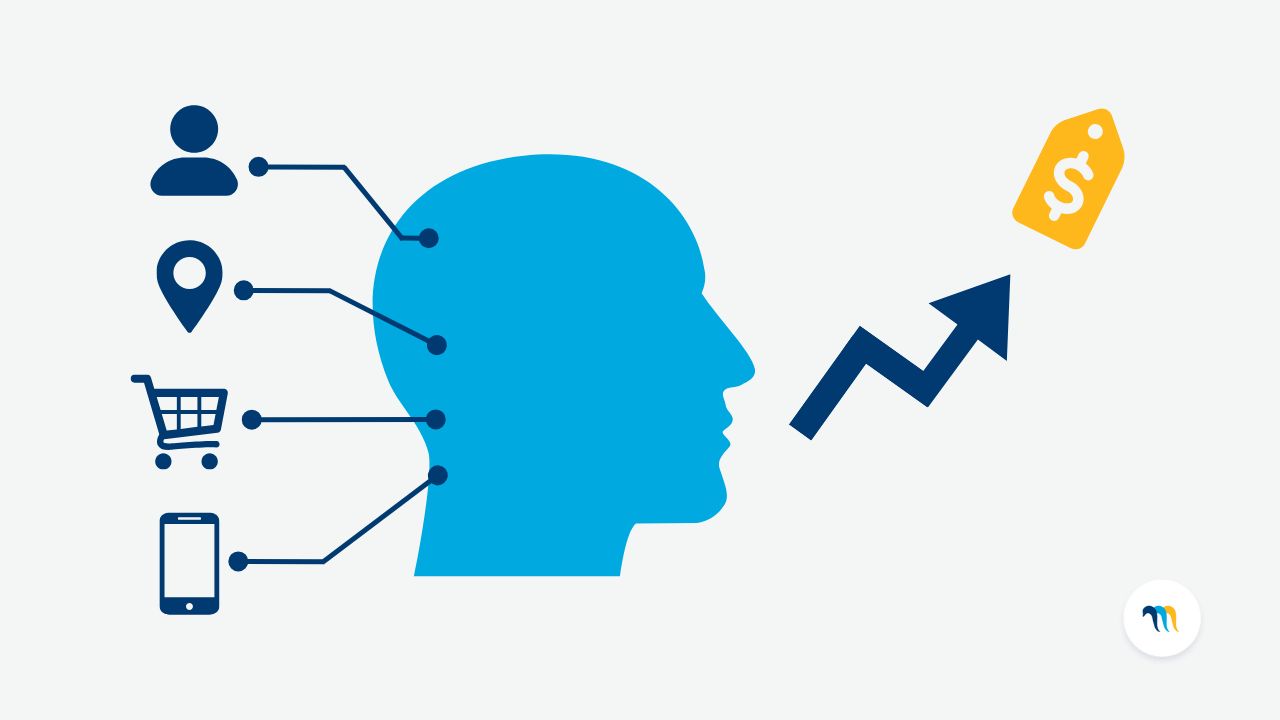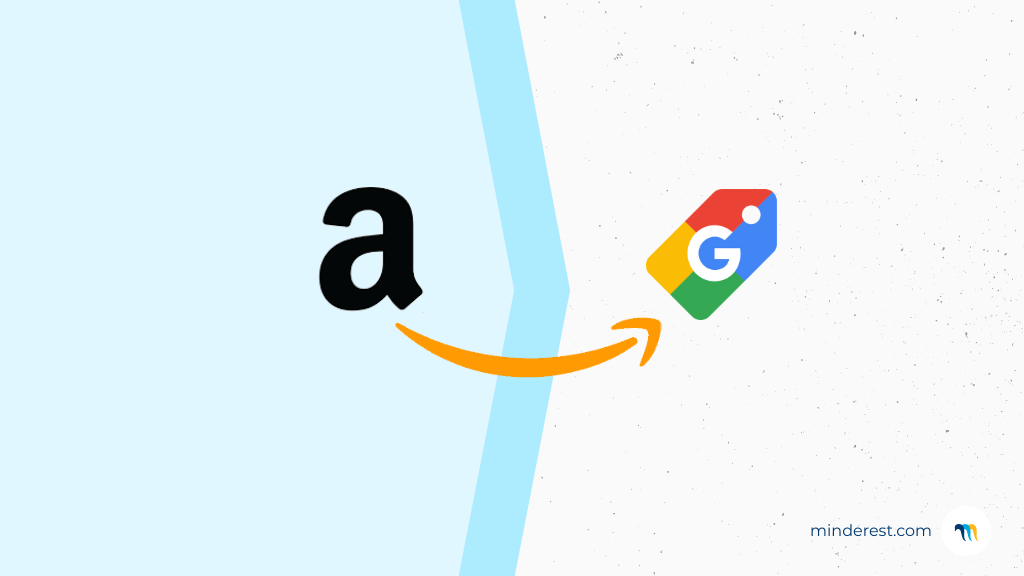

The COVID-19 pandemic has made many B2B companies decide to set up eCommerce businesses and move their business to the online market. This decision is conditioned by the changes that the health crisis has provoked in the rate of digitisation and users’ shopping habits. There has been a very notable increase in the volume of online sales carried out during the months of the pandemic, which has meant that suppliers have had to respond to a much greater demand than in previous periods. Faced with these difficulties, many businesses have chosen to invest in digital pricing solutions and direct online sales to adapt to the new normal and achieve further growth.
Even though the B2B sector used to be more unwilling to participate in the digital transformation, companies have been adapting and defining new strategies and behaviours to take care of their customers both online and offline.
B2B companies adapting to the online market
As many B2B businesses are based on the relationship that the salespeople have with their customers, to make the leap to digital during the pandemic, they’ve begun by showing the buyers the look and feel of their new online stores, guaranteeing the same levels of support and trust in the brand.
On the other hand, B2B eCommerce businesses should offer customers services that retailers don’t have to. Businesses that are going digital must provide accurate, complete, and up-to-date information about their product catalogue and their stock on their websites. This is in addition to ensuring that the customers have access to delivery tracking and can easily manage their orders, make payments, and manage returns. Retailers spend a lot of money on their suppliers and are looking for peace of mind.
As such, the fastest growing eCommerce businesses are those with well-optimised websites and the right tools to prevent errors in their orders.

Planning new marketing campaigns
Another factor that has helped B2B companies grow online during the pandemic has been the ability to design new marketing campaigns online and on social media, which is an area that previously seemed exclusive to B2C. The combination of an appropriate audience segmentation, focused on professionals in this case, and an inbound marketing strategy has made it easier for companies to reach new audiences that were unreachable offline.
Implementing AI tools
At the same time, there’s been an increase in the use of artificial intelligence (AI) and digital tools with machine learning to improve order management and suppliers’ stock as well as logistics management. This is in response to the need to address supply chain disruptions caused by the impact of COVID-19.
The continuing pandemic has led us to suspect that this rate of eCommerce growth will remain stable over the coming months, given that the volume of online sales continues to increase steadily. This situation intensifies the competitiveness of the market, but, at the same time, can offer opportunities to increase your profits if you use competitive prices and an appropriate strategy.
Find out how Minderest can take your business to the next level.
Contact our pricing experts to see the platform in action.
Related Articles

AI Agents and Holiday Season: How to Adapt Your Pricing Strategy
Holiday season planning used to revolve around creative campaigns, emotional storytelling, and optimizing the user experience. However, a silent revolution is changing the rules of the game. The rise...
How Surveillance Pricing Works and Its Applications for Your Business
The term "Surveillance Pricing" might conjure images of corporate espionage and price manipulation. However, this initial perception hides one of the most sophisticated and powerful strategies in...